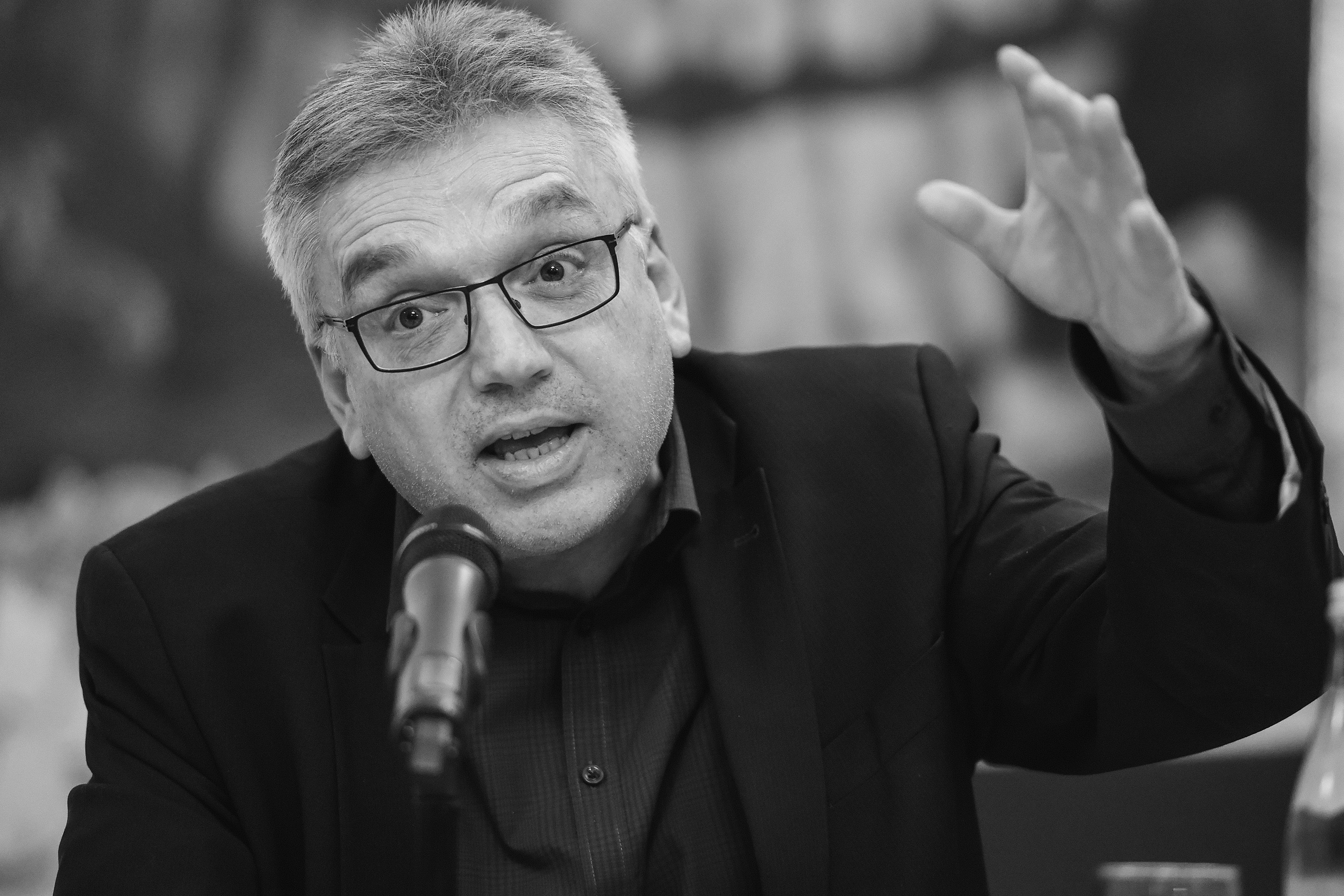Collective residencies / POLITICAL PHILOSOPHY / Olot
PETER A. KRAUS
From Friday, 29 March 2019 to Sunday, 31 March 2019

Bio
Peter A. Kraus is a full professor of political science (comparative politics) and the director of the Institute for Canadian Studies at the University of Augsburg (Germany). He has been the chair of ethnic relations at the University of Helsinki, an associate professor of political science at Humboldt University in Berlin, a John F. Kennedy Memorial Fellow at the Center for European Studies at Harvard University, and a visiting professor at the New School for Social Research and at the Universitat Pompeu Fabra in Barcelona. He has published widely and in several languages on cultural diversity and identity politics, ethnicity, nationalism, and migration, the dilemmas of European integration, as well as problems of democratization and democratic theory. He is the author of A Union of Diversity: Language, Identity, and Polity-Building in Europe (Cambridge University Press, 2008). His most recent publications include The Catalan Process: Sovereignty, Democracy and Self-Determination in the 21st Century (edited w. J. Vergés, Barcelona: Institut d’Estudis de l’Autogovern, 2017) and The Politics of Multilingualism: Europeanisation, globalization and linguistic governance (edited w. F. Grin, Amsterdam: John Benjamins, 2018).
Project
The project I will present at Faber is focused on interpreting recent political developments in Catalonia in a way that is theoretically informed and empirically sound, thereby offering a perspective that captures the innovative force of the Catalan process. I argue that this process calls for a thorough re-assessment of the meaning of sovereignty in complex polities and bears a great potential for deepening democracy. We are confronting a phenomenon that has little to do with an anachronistic resurgence of nationalism or with a particular version of South European populism. On the contrary, the driving force of Catalan sovereigntism has been and is a popular republicanism with a substantial transformative impact.
